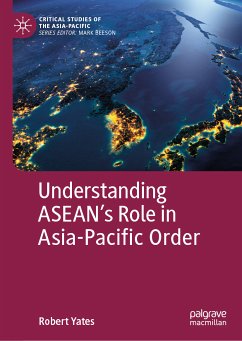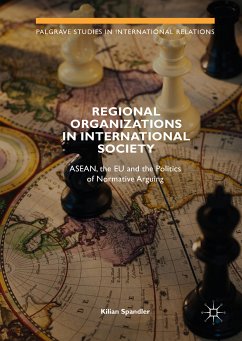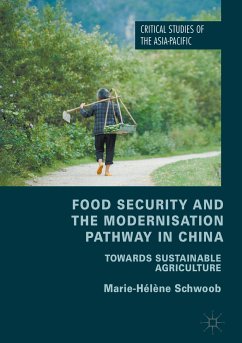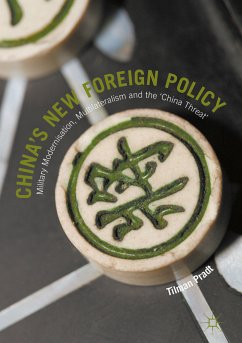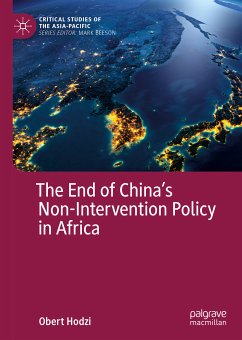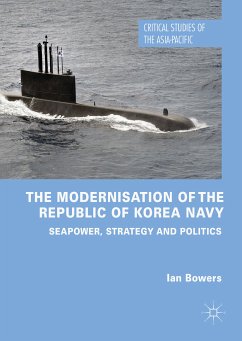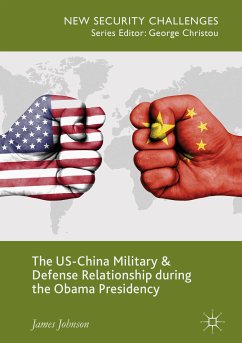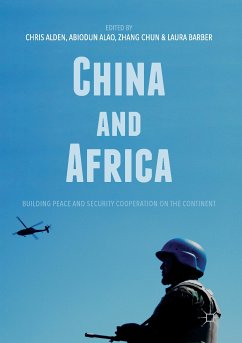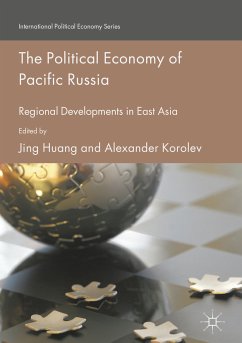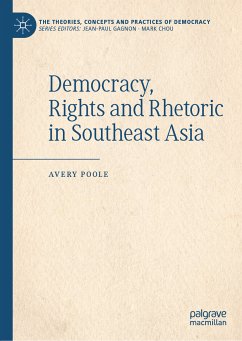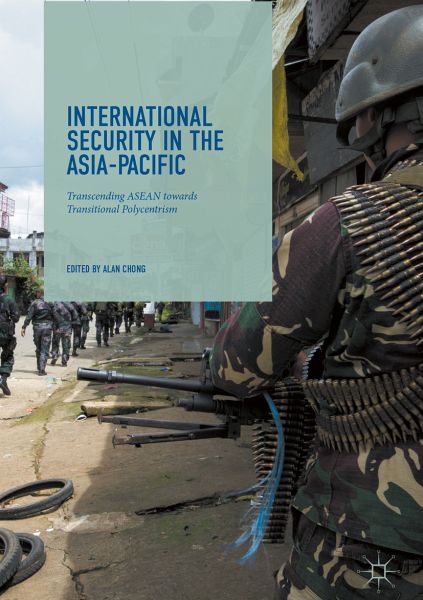
International Security in the Asia-Pacific (eBook, PDF)
Transcending ASEAN towards Transitional Polycentrism
Redaktion: Chong, Alan
Versandkostenfrei!
Sofort per Download lieferbar
136,95 €
inkl. MwSt.
Weitere Ausgaben:

PAYBACK Punkte
68 °P sammeln!
Examines Asian security using a holistic thematic framework
Offers a wealth of 'grounded' experience to this area of academic scholarship
Many of the authors are practitioners in the field
Dieser Download kann aus rechtlichen Gründen nur mit Rechnungsadresse in A, B, BG, CY, CZ, D, DK, EW, E, FIN, F, GR, HR, H, IRL, I, LT, L, LR, M, NL, PL, P, R, S, SLO, SK ausgeliefert werden.



